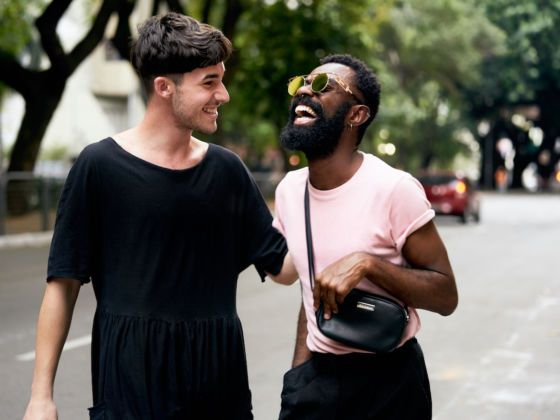Traveling should be about discovering the world, but the world isn’t always a welcoming place for queer people. Even in progressive countries that have legalized same-sex marriage, discrimination is widespread — from hotel owners not letting gay couples share a bed to attacks on transgender people using public restrooms.
LGBTQ people making their voices heard has helped the progression of equality, but straight allies are important, too. If we want to live in a world where people are accepted without exception, we all need to be part of the solution. We need everyone to speak up and put their words into action — it’s the only way to change the hearts and minds of those around us.
